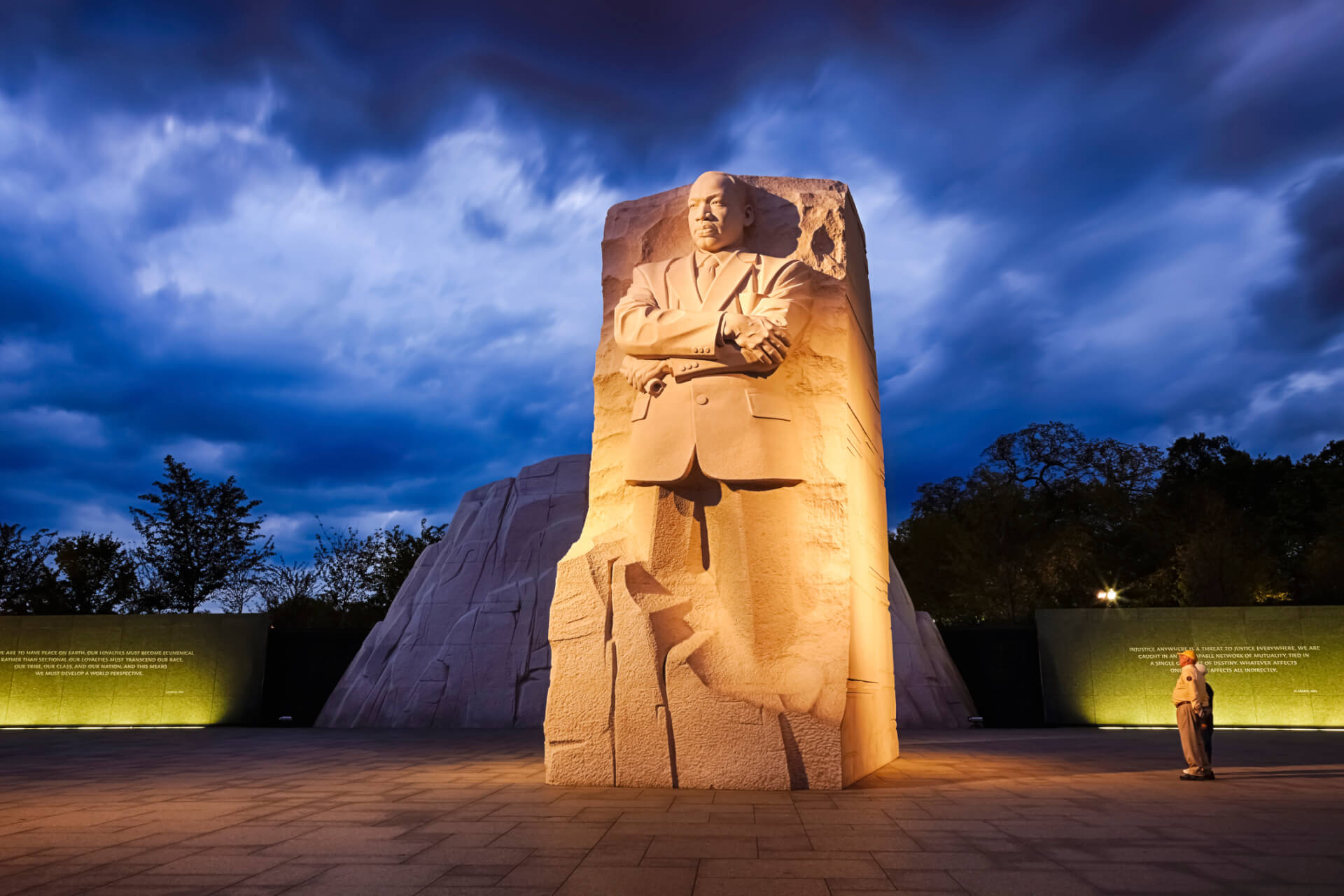The founding of our republic was based on the principle that we are all created equal. We could go through the list of Americans who have changed the course of history: George Washington, Thomas Jefferson, Abraham Lincoln, Elizabeth Cady Stanton, Sojourner Truth, Frederick Douglass, Franklin Delano Roosevelt, Thurgood Marshall, among many, many others. If there is one theme that defines these historical figures whose names immediately popped into my head, it is that all constantly searched for justice and promoted individual freedom.
To be sure, all were flawed and contributed in different ways to the expansion of rights. Some, we could argue, could have done more with their power. But, they all contributed to the search for equality. This expansion of rights and justice took time. Our nation had to go to war to end slavery, and, even then, it took nearly 100 years after the deaths of over a half million people in that bloody conflict before African Americans were guaranteed access to basic rights. Women did not get the vote until 1920. Other groups faced and continue to face discrimination, racism, and bigotry. But, still, there have been immense changes in the course of our history.
This weekend our nation commemorates the life of the Rev. Dr. Martin Luther King. Jr.—a figure whose message and actions transformed this nation in so many positive ways. In the hours before he died, preaching at a church in Memphis, he foreshadowed his death:
“I don’t know what will happen now. We’ve got some difficult days ahead. But it doesn’t matter with me now. Because I’ve been to the mountaintop. And I don’t mind. Like anybody, I would like to live a long life. Longevity has its place. But I’m not concerned about that now. I just want to do God’s will. And He’s allowed me to go up to the mountain. And I’ve looked over. And I’ve seen the promised land. I may not get there with you. But I want you to know tonight, that we, as a people, will get to the promised land. And I’m happy, tonight. I’m not worried about anything. I’m not fearing any man. Mine eyes have seen the glory of the coming of the Lord.”
Despite the elimination of de jure segregation with the Civil Rights Act of 1964 and the Voting Rights Act of 1965, he fully understood that eliminating racism and creating a more just society would take a long time.
I hear it nearly every day from a parent, alumnus, teacher, or student: an acknowledgement that we are living in difficult times. There seems to be an inability to listen and develop empathy with other people. As a historian, it is important to point out that there haven’t been too many times in human history in which life hasn’t been difficult or there hasn’t been conflict. In the 1950s and 1960s, the nation was bitterly divided on civil rights issues. It took non-violent protest, sit-ins, marches, economic boycotts, and other measures that created the conditions for political change. It also took deft and determined leadership.
Lyndon Johnson was an unlikely player in these legislative victories. Any examination of his upbringing and experience as a school teacher for Hispanic students in a rural Texas school helps us see him as the natural person to seek these reforms. But, LBJ’s efforts to secure voting rights for African Americans and end Jim Crow came at somber personal cost for Johnson, as it alienated other southern legislative leaders with whom he had once been collegial. He could have easily— in his role as president— not decided to go against the southern wing of his party. His actions set the stage for massive defections of white southerners from the Democratic party. Even securing key legislative victories—which was a long-held dream of LBJ’s—didn’t make his relationship with MLK enduring. The two eventually fell out over LBJ’s prosecution of the war in South Vietnam and other domestic policies.
Change—particularly ones that fundamentally tackle the status quo and power structures—always comes with a cost and with conflict. MLK somehow managed this conflict with grace, love, compassion, and forgiveness. His life is a powerful lesson in courage and kindness for us all to consider. Here’s a video link to his famous “I Have a Dream Speech.” It is as inspirational and stirring today as it was in 1963.
